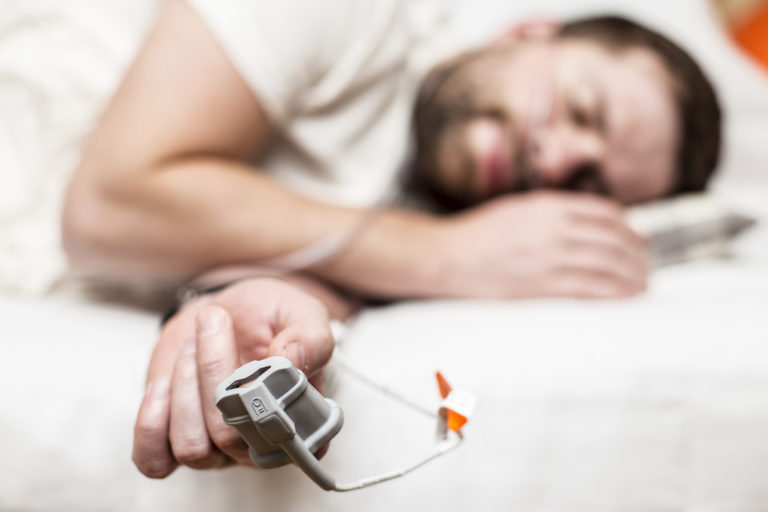Getting diagnosed with dementia is, perhaps, one of the scariest pieces of news you could ever hear. But many Americans face that diagnosis each day as they grow older. A recent World Health Organization (WHO) report has found that about 50 million people suffering from dementia across the globe. Worse yet, there are an estimated 10 million new cases of dementia diagnosed each year.
For many people who grow senile, dementia and Alzheimer’s become a part of life. If you’re one of the many people who are coping with dementia, here are the best steps to take after you are diagnosed
Learn about your dementia
When you’re diagnosed with a health issue, you should always perform research to learn more about your condition. Looking up information on the web, speaking to trained professionals, and relying on medical health facilities are just some of the ways you can learn more about dementia and how this illness will affect your life.
Dementia is a type of cognitive impairment that typically arises as folks grow older. While many people think that this diagnosis is a normal part of the aging process, this couldn’t be further from the truth, This illness is a neurodegenerative disease that can be slowed with the right care and treatment. Be careful when you do your research: there is a lot of misinformation regarding treatment options. Always rely on your doctor or a trusted medical professional to separate the truth from the lies.
One of the first things you should do is learn about the condition. Common symptoms of dementia include changes in memory, shifts in mood, difficulties associated with walking and speaking. Hearing can also be in decline, as some studies demonstrated a connection between hearing loss and Alzheimer’s. For this reason, it could be of benefit to visit an audiologist to ensure your hearing is in optimal condition or to test if hearing aids may be necessary. Ultimately, though, certain characteristics of dementia can look different from person to person. Be sure to rely on your doctor to learn more about your specific dementia diagnosis.
Take care of your emotional needs
Upon receiving your diagnosis, you may experience a range of thoughts and emotions. From anger to stress to disbelief, all of these emotions can make you feel overwhelmed at the prospect of your dementia diagnosis. Getting help from others will help you healthily process these emotions. Luckily, there are plenty of support groups, both online and in-person, that can help you get a grasp on your new situation.
Some doctors also recommend writing these feelings in a journal. You can also talk to doctors and therapists to get more information about self-care options. Regardless, it’s important to remember that you’re not alone. This diagnosis can be scary, but countless people can lead healthy, happy lives in spite of their dementia.
Establish long-term care plans
Establishing a long-term care plan is vital upon receiving your diagnosis. And this means more than just finding great storage options to protect your valuables. Long-term plans include hospitalization preferences, in-home care versus living in a memory care facility, and financial planning.
Many people hate the thought of living in a memory care facility, but this is a shocking reality for most people who suffer from dementia. In the later stages of the disease, even eating and dressing might become impossible without assistance. Ensuring you choose a great program to care for your needs now is vital for your health in the future.
Long-term financial plans can become a little trickier. You might need to make changes to your insurance and talk to a financial advisor for more tips. Learning more about the financial power of attorney and healthcare power of attorney can help you make decisions now that you might not be able to in the future.
Start to engage in a routine
One of the best ways to slow the process of dementia is by engaging in a routine. This might seem negligible to some, but establishing a consistent routine will help jog your memory as it begins to fade later. For example, setting up appointments at the same time each week can help you remember these important tasks. Others can benefit from placing orienting objects around the home, like calendars, clocks, and appointment reminders.
Receiving a dementia diagnosis can be hard, but following these steps can help. Don’t hesitate to reach out to a medical professional for more information.





